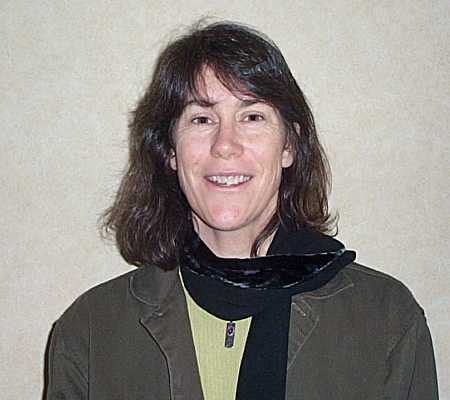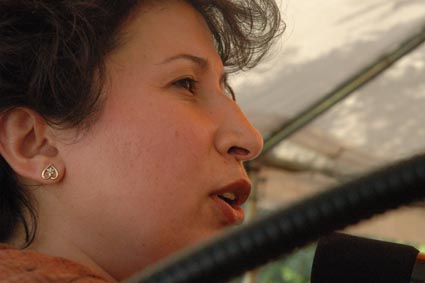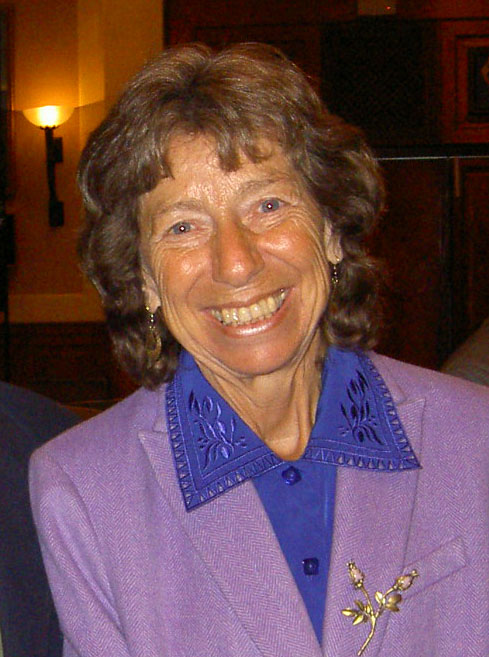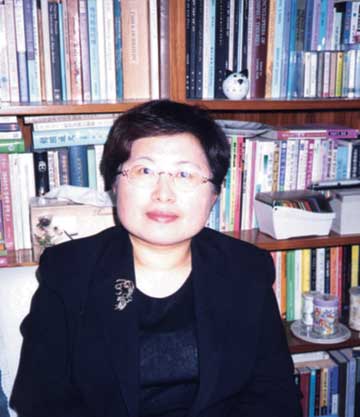Program II: Peacebuilding and Anti-militarism
 LAURA SLATTERY: Laura Slattery grew up in a Catholic family as the 5th of 6 children, with a single Mom. Laura was a tomboy, wanting to play sports. West Point recruited her to play basketball, and with money tight, she took the West Point offer of a full scholarship. Laura found blunt discrimination against women at West Point, sometimes very heavy discrimination. But she managed to earn the rank of Lieutenant, and got out of the military. She returned to her Catholic roots, going to work and live in a village in El Salvador. There she found out how deeply the US was involved in El Salvador’s civil war there. Laura joined with activists to close the now-infamous School of the Americas (Western Hemisphere Institute for Security and Cooperation) in Fort Benning Georgia, which has taught torture and brutality in Latin America for decades. She continued her anti-war work, joining the Catholic Pace e Bene, serving as coordinator of its “From Violence to Wholeness” program, and also heading up their GLBTQ Project. She then received her Master’s degree in Theology from the Graduate Theological Union.
LAURA SLATTERY: Laura Slattery grew up in a Catholic family as the 5th of 6 children, with a single Mom. Laura was a tomboy, wanting to play sports. West Point recruited her to play basketball, and with money tight, she took the West Point offer of a full scholarship. Laura found blunt discrimination against women at West Point, sometimes very heavy discrimination. But she managed to earn the rank of Lieutenant, and got out of the military. She returned to her Catholic roots, going to work and live in a village in El Salvador. There she found out how deeply the US was involved in El Salvador’s civil war there. Laura joined with activists to close the now-infamous School of the Americas (Western Hemisphere Institute for Security and Cooperation) in Fort Benning Georgia, which has taught torture and brutality in Latin America for decades. She continued her anti-war work, joining the Catholic Pace e Bene, serving as coordinator of its “From Violence to Wholeness” program, and also heading up their GLBTQ Project. She then received her Master’s degree in Theology from the Graduate Theological Union.
 AMNEH BADRAN: Amneh grew up in the Occupied Palestinian Territories, under the often crushing oppression of Israeli rule. Amneh knew Israelis as soldiers, police, tax collectors, officials of ministries, but never as fellow residents of the same land. In spite of this, she chose to work for peace in the region. She focused on the issue of peacemaking through the lens of feminist activism. She joined the Jerusalem Center for Women, a coalition of Palestinian women who represent all sectors of Palestinian society, and who opted in the 1990’s to take a political stand in support of the Oslo Peace Accords. Amneh served as the group’s Executive Director, initiating a program of cooperation with Israeli women activists in groups like Bat Shalom and Ishah L’Ishah. In 2002 her organization and Bat Shalom joined forces to go to the United Nations and propose an International Women’s Commission to include Palestinian, Israeli and international women at the negotiating table. They also urged the UN to intervene and protect civilians on both sides of the conflict.
AMNEH BADRAN: Amneh grew up in the Occupied Palestinian Territories, under the often crushing oppression of Israeli rule. Amneh knew Israelis as soldiers, police, tax collectors, officials of ministries, but never as fellow residents of the same land. In spite of this, she chose to work for peace in the region. She focused on the issue of peacemaking through the lens of feminist activism. She joined the Jerusalem Center for Women, a coalition of Palestinian women who represent all sectors of Palestinian society, and who opted in the 1990’s to take a political stand in support of the Oslo Peace Accords. Amneh served as the group’s Executive Director, initiating a program of cooperation with Israeli women activists in groups like Bat Shalom and Ishah L’Ishah. In 2002 her organization and Bat Shalom joined forces to go to the United Nations and propose an International Women’s Commission to include Palestinian, Israeli and international women at the negotiating table. They also urged the UN to intervene and protect civilians on both sides of the conflict.
 PAULA GREEN: Dr. Paula Green grew up as a “red diaper baby”, the child of leftist political activists in a very tumultuous era in the United States. Early on she was drawn to the role of peacemaker. To advance her interest in that she studied psychology and education, and began to work nationally and internationally in the field of conflict transformation. She also became a practicing Buddhist. Paula created and heads the Karuna Center for Peacebuilding. She has been invited to train and facilitate in conflict transformation in Rwanda, Bosnia, Sri Lanka, the Middle East, and many other places worldwide. She has been teaching at the School for International Training, and at Brandeis University. She has co-edited the textbook Psychology and Social Responsibility: Facing Global Challenges. And she received an Unsung Heroes award from the Dalai Lama in 2009.
PAULA GREEN: Dr. Paula Green grew up as a “red diaper baby”, the child of leftist political activists in a very tumultuous era in the United States. Early on she was drawn to the role of peacemaker. To advance her interest in that she studied psychology and education, and began to work nationally and internationally in the field of conflict transformation. She also became a practicing Buddhist. Paula created and heads the Karuna Center for Peacebuilding. She has been invited to train and facilitate in conflict transformation in Rwanda, Bosnia, Sri Lanka, the Middle East, and many other places worldwide. She has been teaching at the School for International Training, and at Brandeis University. She has co-edited the textbook Psychology and Social Responsibility: Facing Global Challenges. And she received an Unsung Heroes award from the Dalai Lama in 2009.
 HYUN BACK CHUNG: In her Women Rising Radio profile, Hyun tells the story of her encounter with the South Korean version of the CIA, with 7 hulking agents appearing at her front door one midnight. Why did the Korean CIA want to talk to Hyun Back Chung? She is one of the foremost feminist authors in South Korea, and has been editor of its first feminist magazine, Women in Society. Her pioneering work on behalf of women has brought her many challenges from the Korean government. Hyun Back Chung joined a movement to fight for the rights of Korean women subjected to brutal prostitution by the Korean military and by the US military, which holds bases in South Korea. Hyun Back Chung spearheaded the Korean Women’s Association United’s campaign to come to the United States to lobby the US government to work for a peace settlement between North and South Korea.
HYUN BACK CHUNG: In her Women Rising Radio profile, Hyun tells the story of her encounter with the South Korean version of the CIA, with 7 hulking agents appearing at her front door one midnight. Why did the Korean CIA want to talk to Hyun Back Chung? She is one of the foremost feminist authors in South Korea, and has been editor of its first feminist magazine, Women in Society. Her pioneering work on behalf of women has brought her many challenges from the Korean government. Hyun Back Chung joined a movement to fight for the rights of Korean women subjected to brutal prostitution by the Korean military and by the US military, which holds bases in South Korea. Hyun Back Chung spearheaded the Korean Women’s Association United’s campaign to come to the United States to lobby the US government to work for a peace settlement between North and South Korea.

